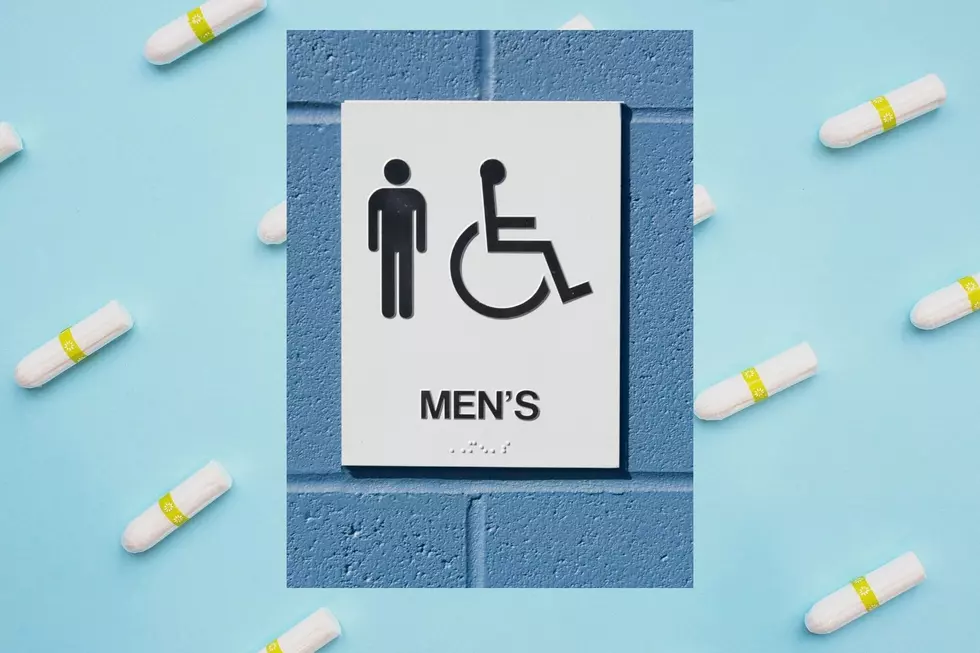
Immigrants Who Are Legal But Not Permanent Could Get NJ Tuition
Five and a half years after New Jersey began charging unauthorized immigrants in-state tuition at public colleges, state lawmakers are thinking about doing the same for some who are here legally but not permanently.
A bill, S2555, that got its initial endorsement last week in the Senate Higher Education Committee would enable students at public colleges in New Jersey to reduce their tuition bills by more than half, so long as they have a parent with a temporary work visa for a job in a specialty occupation.
The proposal applies to families in New Jersey in which a parent has an H-1B visa, which is for workers in a variety of jobs that generally require a college degree, such as in science, medicine and the arts. State Sen. Vin Gopal, D-Monmouth, said the idea can help the state’s economy dramatically.
“We complete with a lot of other states as it relates to H-1B visa holders and having some of the most skilled workers in our workforce. And it’s important that we keep them in our state,” Gopal said.
To qualify, a student would have had to attend a New Jersey high school for at least three years and graduate and file an affidavit saying they have or will file an application for citizenship.
Padma Katapalli, an immigration advocate with the group Green Card Reforms, said the families that would be helped by the bill are in the United States legally but, in many cases, facing endless waits for a green card that would qualify college students for paying in-state tuition.
Katapalli said there is a backlog that’s the equivalent of 150 years for people from India.
“Though they’re born in India, U.S. is their country. They’ve been here all their life. India is like a foreign country to them. Most of them, they don’t even speak the language. The only language they speak is English,” she said.
Katapalli said the combination of paying out-of-state tuition plus international fees, and legal restrictions that prevent children from working or qualifying for financial aid, can push families into bankruptcy.
Ravinder Yadav said he has been working in New Jersey and paying taxes since 2008 but that searching for college for his daughters is difficult and stressful because of the cost.
“Sometimes my younger one, she asks me, ‘Daddy, did we do something wrong? Why we are to go through this?’” Yadav said.
Out-of-state tuition at Rutgers University costs more than double the in-state rate. International students are also additional fees.
“With the dorm and all, I am paying $43,000 per year. And that is just killing our finances,” said Meena Upadhyay of Millburn, who has lived in New Jersey since 2006.
Her daughter, Meenal Upadhyay, will be a sophomore at Rutgers in the fall. She said it’s insulting that the college can’t consider her family residents because they can’t get a green card, even though they pay income taxes to the state and property taxes to Millburn and pay a mortgage on their home.
“This is a pressing issue that can’t be solved at a federal level right now. It can only be solved in New Jersey,” Meenal Upadhyay said.
Nearly 36,600 jobs in New Jersey were held by foreign workers with H-1B work visas in fiscal 2018, according to U.S. Citizenship and Immigration Services data.
That was down from 43,800 in 2017.
More From WPG Talk Radio 95.5 FM










